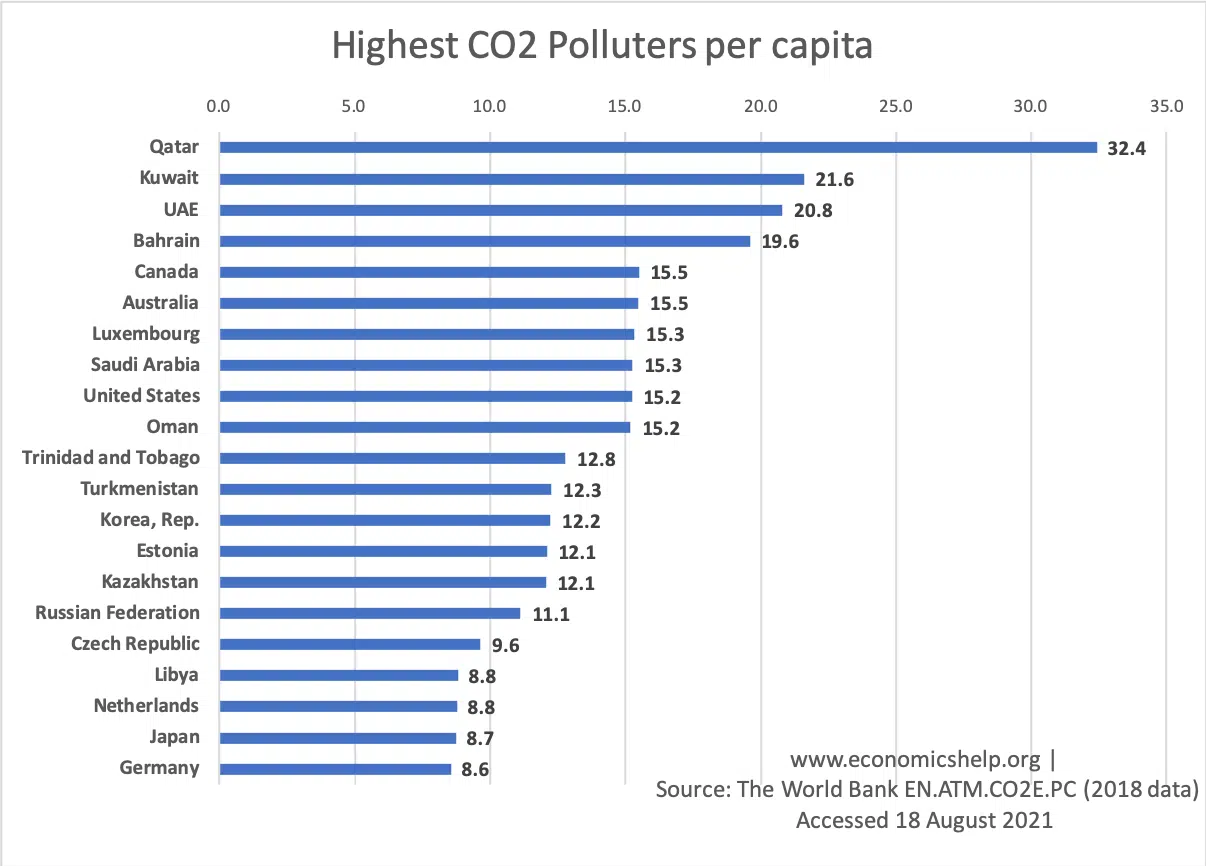"Small Steps Towards Making a Difference"
Note: This post will be updated with the latest details for this event as they become available.
The Climate Action Committee (CAC) of Billings welcomes you to an afternoon of 'Green' learning where you can come and share with other community members while focusing on ways to make a difference to slow down climate change. The event will feature short talks by 3 guest speakers who will address contrasting elements of climate change and helping the environment. There will also be a selection of local businesses and groups providing booths for conversation and questions. See the list below for more information:
Guest Speakers:
1:20pm - Marshall Kruger - Energy Advisor, Rosewood Energy Canada Greener Homes Grant
2:00pm - Liam Campbell - Manitoulin Streams The Benefits of a Vegetative Riparian Zone along the Kagawong River
2:40pm - Chris Theijsmeijer - Billings CAC MemberElectric Vehicle Updates
3:20pm - Maria Diebolt - Manitoulin Tree Services
The Managed Forest System
Booth Participants:
- Campbell Heating (Andy Campbell)- Air Source Heat Pumps and more
- Manitoulin Off-Grid (Andre Probst) - Solar Panels and Home Energy
- Colen McKeever - Eco-Growth Environmental - Compost Fuel Systems
- Manitoulin Streams (Liam Campbell) - River Projects and More!
- Manitoulin Tree Service (Maria Diebolt) - Tree Planting and Forest Management
- Manitoulin Climate Consortium (Kim Neale) - Community Climate Action opportunities [in conjunction with Celeste Smith (Cultural Seeds) and Chuc & Linda Wilson (Community Garden)]
- ReThink Green (Simon Blakely, Program Director) - Green Economy North Program
- MSS Eco-Hero Program (Various students) - The Eco-Hero Program and climate action
- Chris Theijsmeijer - Electric Vehicles







